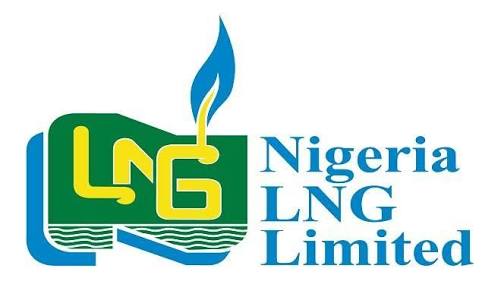Boost for Aussie Gas? NLNG Calls for Local Tech Adoption as Train 7 Nears Finish Line

Nigeria LNG (NLNG) is championing a push for greater technology domestication within Australia’s oil and gas sector, as its Train 7 expansion project nears completion. Deputy Managing Director, Mr. Olakunle Osobu, recently highlighted the significant benefits of fostering local expertise and capabilities, drawing parallels to the success of the Train 7 initiative.
Why Local Technology Matters: NLNG’s Train 7 project, a landmark investment, has demonstrated the potential of local content. The project has seen a substantial increase in Nigerian participation, from engineering and procurement to construction and operations. Osobu emphasized that this isn't just about meeting regulatory requirements; it's about building a sustainable, resilient, and globally competitive industry.
“The Train 7 project has been a fantastic showcase of what’s possible when we prioritize local content,” Osobu stated. “We've seen the emergence of skilled Nigerian engineers, project managers, and technicians, and the development of local supply chains. This has not only reduced our reliance on foreign expertise but has also created jobs and stimulated economic growth within Nigeria.”
Lessons for Australia: Australia, a global leader in LNG production, faces its own challenges regarding technology reliance and skills gaps. NLNG’s experience offers valuable lessons for the Australian industry. Domestication of technology can lead to:
- Reduced Costs: Less dependence on imported expertise and equipment translates to significant cost savings.
- Increased Resilience: A local workforce and supply chain are better equipped to handle disruptions and unforeseen events.
- Innovation: Fostering a local ecosystem encourages innovation and the development of tailored solutions.
- Job Creation: Investing in local skills and businesses creates high-quality jobs and boosts the economy.
The Path Forward: NLNG’s call to action isn’t about isolationism; it's about strategic partnerships and knowledge transfer. The company believes that collaboration with international partners remains crucial, but with a greater emphasis on building local capabilities. This includes investing in education and training programs, supporting local research and development, and creating incentives for businesses to adopt and adapt technologies.
Train 7: A Model for the Future: With Train 7 expected to add 30% more LNG production capacity, NLNG’s success story serves as a compelling case study for other resource-rich nations. The project’s focus on local content has demonstrated that it’s possible to achieve both economic growth and technological advancement through strategic domestication efforts. The message is clear: investing in local talent and technology is not just good for the economy; it’s essential for building a sustainable and competitive future for the Australian oil and gas industry.
The future of Australia’s LNG sector could very well depend on embracing a similar approach, learning from NLNG’s experience and prioritizing the development of a robust local technology ecosystem.






